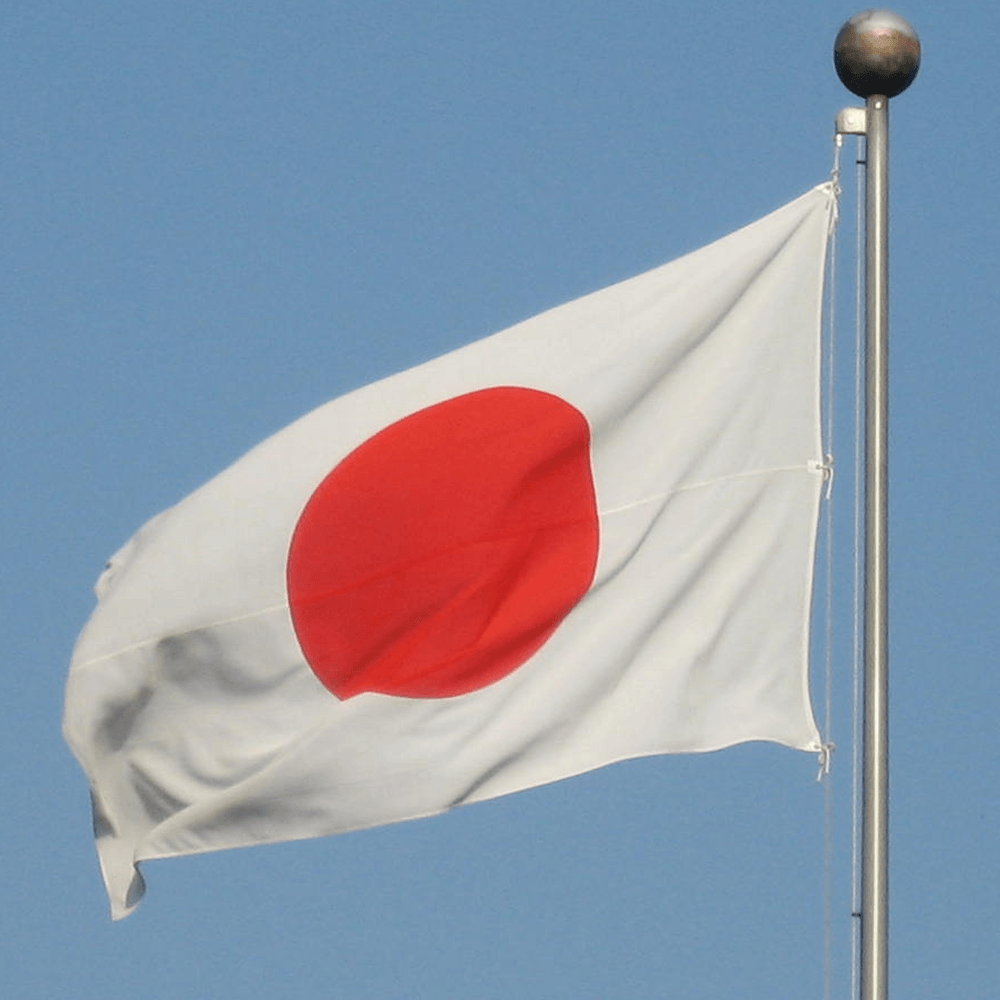
The lifting of the age of consent in particular will “send a message to society that sexual violence by adults against children is unacceptable”, the group said in a statement.
The age of consent — below which sexual activity is considered statutory rape — is 16 in Britain, 15 in France, and 14 in Germany and China.
Japan’s had been unchanged since 1907, with children aged 13 and above deemed capable of consent.
In practice however, across many parts of the country regional ordinances banning “lewd” acts with minors were sometimes seen as effectively raising the age of consent to 18.
Under the new law, teen couples no more than five years apart in age will be exempt from prosecution if both partners are over 13.
Japan last revised its criminal code on sexual offences in 2017, for the first time in more than a century, but campaigners said the reforms were insufficient.
And in 2019, a string of acquittals in rape cases triggered nationwide rallies.
Under the previous law, prosecutors had to prove victims were incapacitated due to violence and intimidation.
Critics argued that requirement effectively blamed victims for not resisting enough.
Criminalising voyeurism
The bill that passed Friday contains a list of examples under which rape prosecutions can be made.
These include victims being under the influence of alcohol or drugs, being frightened and perpetrators taking advantage of social status.
A justice ministry official told AFP earlier this year that the clarifications were not “meant to make it easier or harder” to secure rape convictions, but “will hopefully make court verdicts more consistent”.
The bill also contains a new “visitation request offence”, according to the justice ministry.
It means that people who use intimidation, seduction or money to coerce children under 16 to meet for sexual purposes will face a prison sentence of up to a year or a fine of 500,000 yen ($3,500).
The reforms also include language that for the first time criminalises voyeurism, which had only been regulated by regional ordinances before.
A penalty of up to three years’ imprisonment or a fine of up to three million yen will be imposed for secretly filming private body parts, underwear or indecent acts without a justifiable reason.
Tokyo resident Sohei Ikeda, 39, welcomed the reforms but said he felt “Japan is quite late”.
But Natsuki Sunaga, a 22-year-old student, said she was skeptical that the reforms would stop people secretly filming others.
“I wonder even with a law against voyeurism whether it will end,” she said.
AFP













